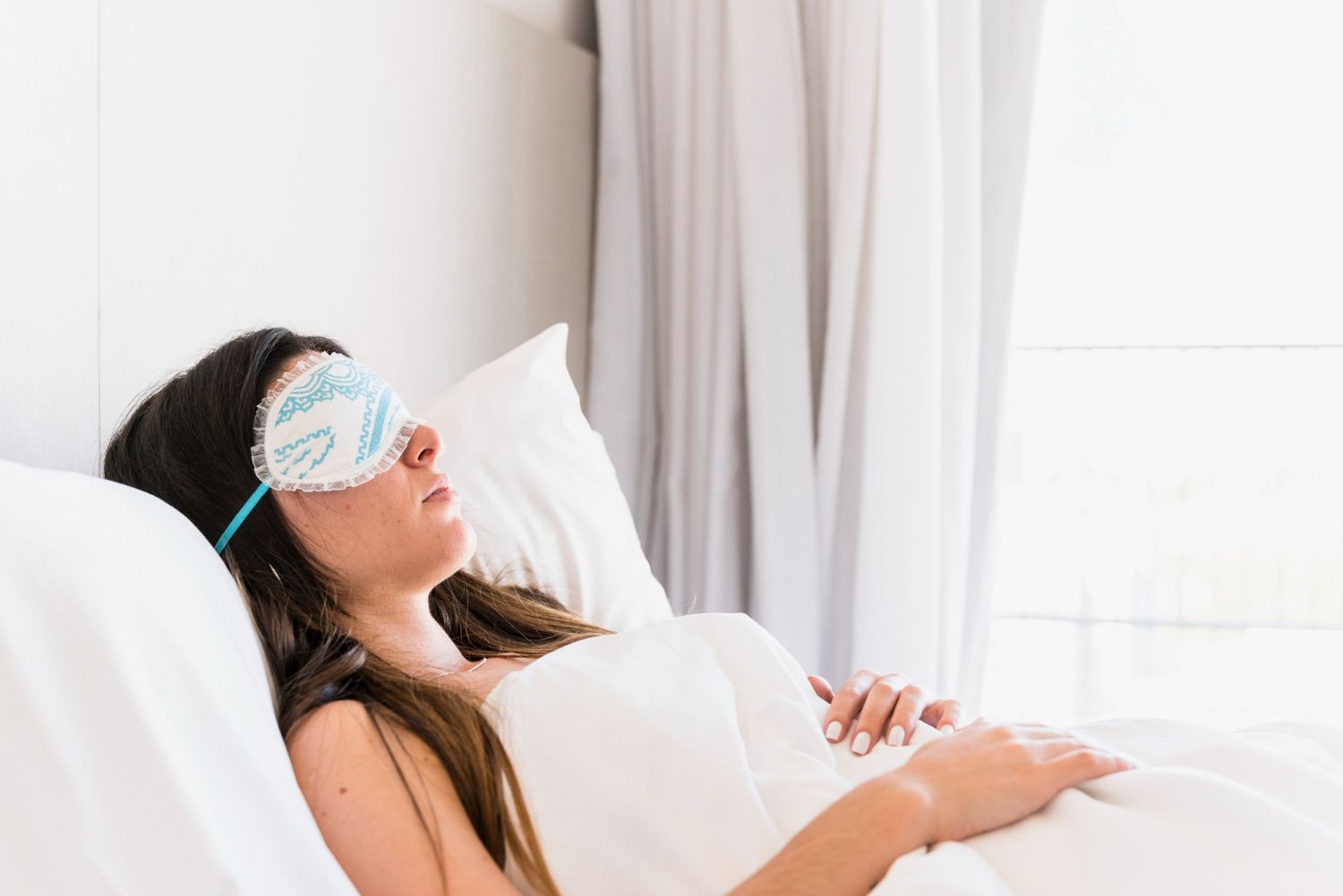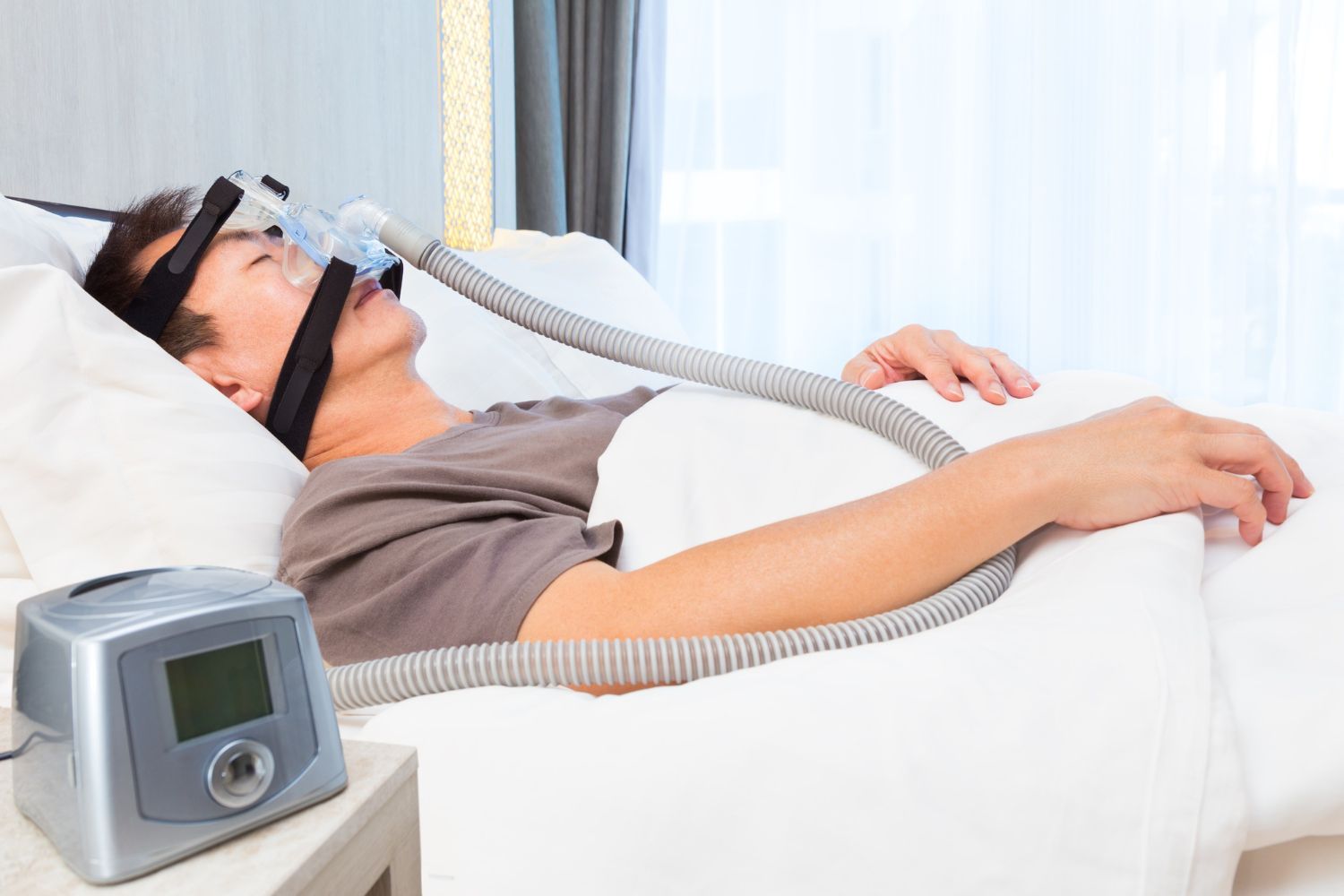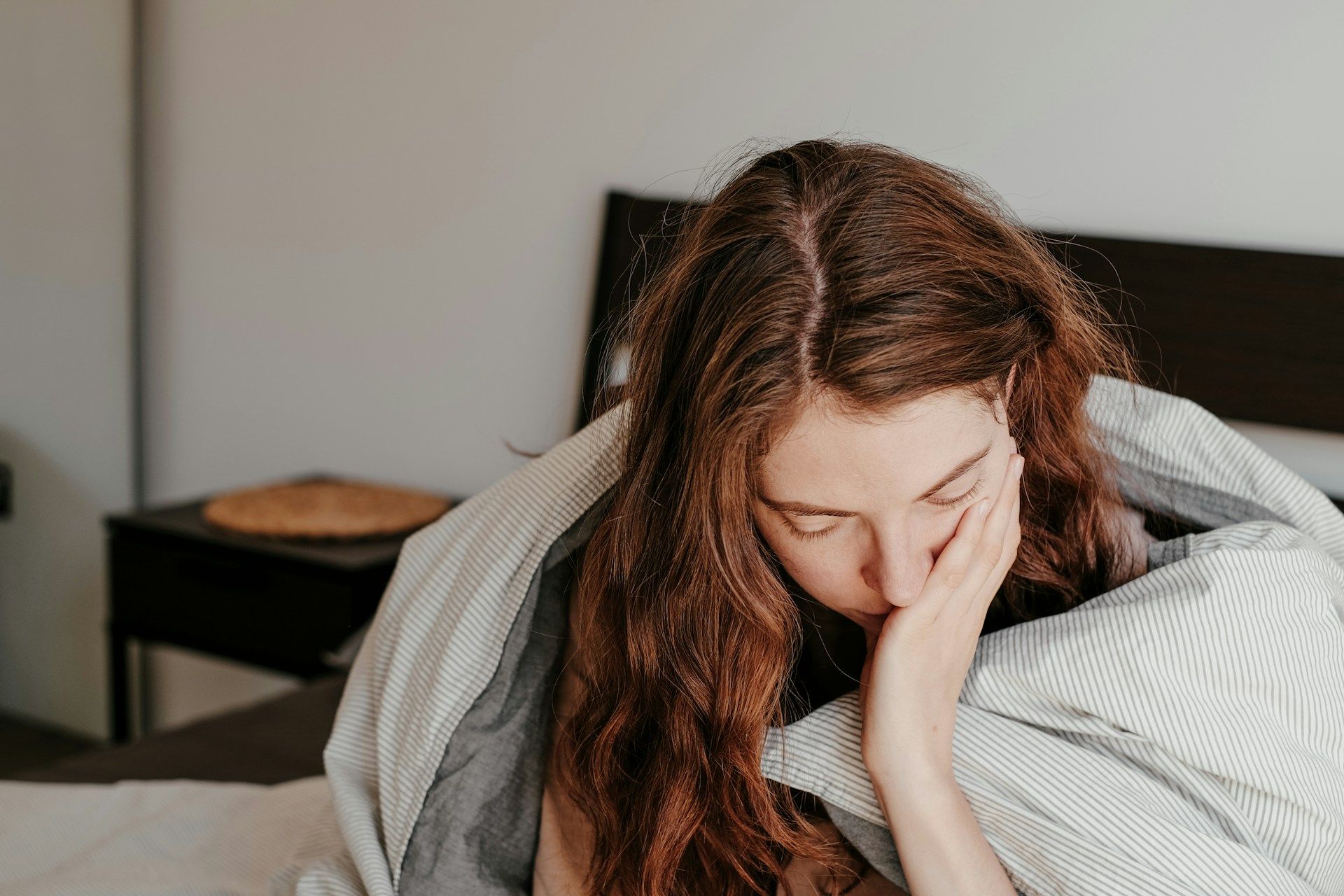Emotional Ties with Sleep

Given the critical function sleep plays in both our mental and general well-being, the emotional connections to sleep can be complicated and varied. The following are some emotional components of sleep.
Stress and Anxiety
Stress and anxiety at high levels can interfere with sleep cycles and make it hard to fall or remain asleep. On the other hand, insufficient sleep can lead to elevated levels of tension and anxiety, resulting in a vicious cycle that may be difficult to stop.
Depression
Insomnia and excessive drowsiness are two signs of depression that frequently interfere with sleep. Depression and sleep have a reciprocal link, which means that depression can have a detrimental influence on sleep and that bad sleep can cause depression to develop or worsen.
Satisfaction and joy
Positively, satisfaction and joy are frequently linked to getting enough sleep. We tend to feel happier and more capable of overcoming obstacles in life when we regularly obtain enough good sleep.
Attachment and Comfort
Many people find comfort and security in their bed and sleeping surroundings. It turns into a private area where people go to unwind, feel protected, and get away from the stresses of everyday life.
Dreams and Nightmares
Emotions of all kinds can be evoked by dreams and nightmares. While nightmares can cause worry and terror and negatively affect the whole emotional experience of sleep, certain dreams might be enjoyable and serve to promote a positive emotional state.
Grief and Loss
Bereavement or sadness can cause sleep disorders. Bereavement and mental distress can make it difficult to get asleep or stay asleep, and the bed can become a space for introspection and processing feelings.
Attachment to Routine
Developing a regular sleep schedule might help people feel stable and in control. Here, the habit itself—which offers a dependable pattern that may be consoling and reassuring—is the emotional link.
Maintaining optimal mental and physical health requires an understanding of and attention to the emotional connections with sleep. Consulting with medical professionals or sleep specialists may be helpful if an individual is experiencing emotional problems related to sleep on a regular basis.











